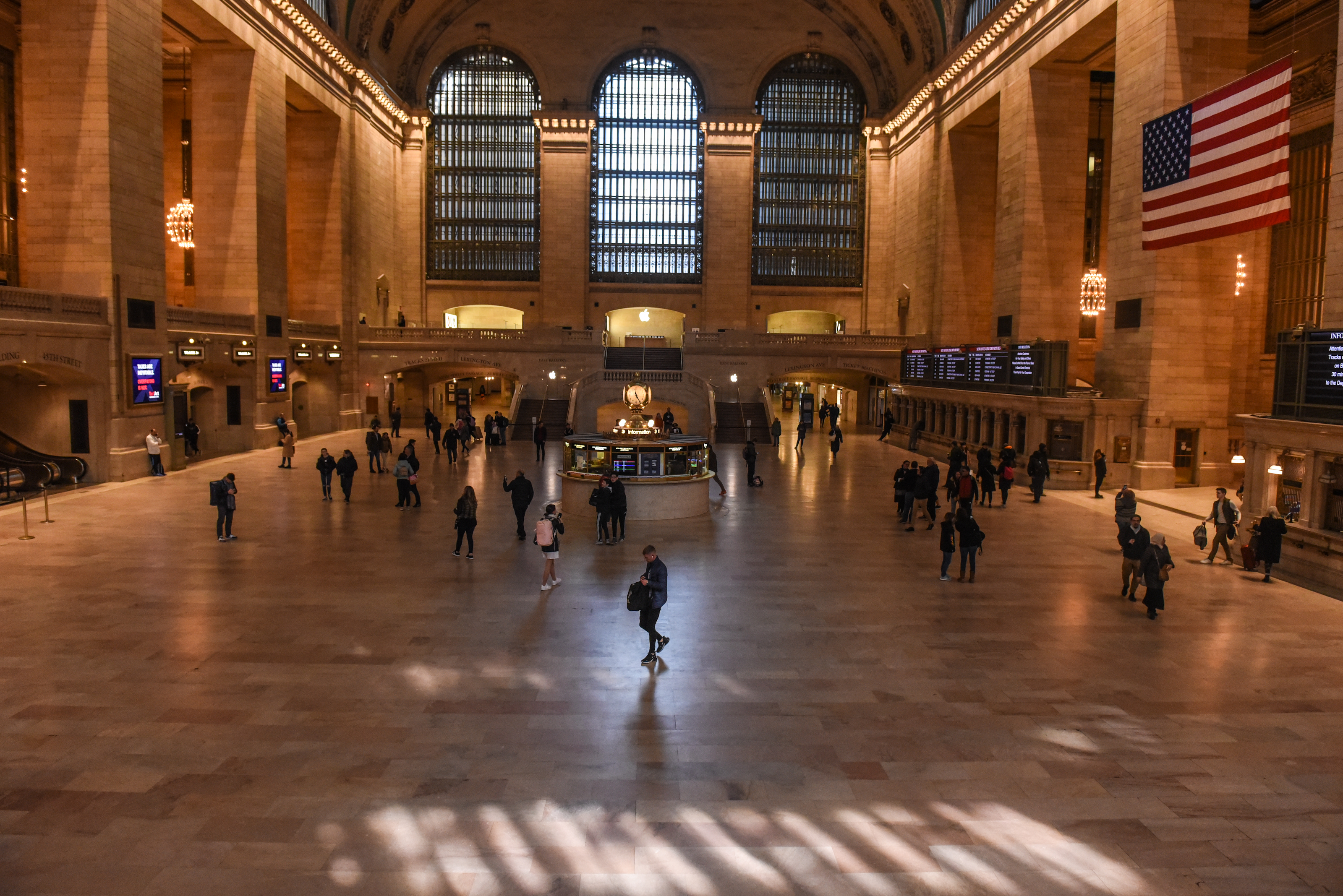The coronavirus paradox
We all pose threats to one another, yet we need each other more than ever


A free daily email with the biggest news stories of the day – and the best features from TheWeek.com
You are now subscribed
Your newsletter sign-up was successful
This is the editor’s letter in the current issue of The Week magazine.
When the doors of my commuter train whooshed open at Grand Central Terminal on my last day in the office, about 20 stragglers emerged one by one from the long line of cars, rather than the usual hundreds. The terminal's Main Concourse was a vast, nearly empty cave. As people passed each other there and on the eerily quiet streets, we glanced at each other with a paradoxical mixture of fear and kinship. In this plague year, we are all potential disease vectors — threats to each other's well-being. And yet we are all in this together. To minimize the number of deaths and the damage Covid-19 will inflict, we will need to cooperate, sacrifice for the greater good, and take care of those who lose their jobs or become sick. We are each other's keepers. Deeper truths often are delivered in the envelope of crisis.
"No man is an island," John Donne wrote in 1624, as he lay ill with a persistent fever, fearing death. "Every man is a piece of the continent, a part of the main." In the solitude and delirium imposed by his illness, his connection to all others became manifest. Americans have always viewed the communitarian ethos with some ambivalence; our founding ideals are rooted in a rebellion against authority and duty, and reverence for individual liberty. Epidemics, Anne Applebaum recently pointed out in The Atlantic, "have a way of revealing underlying truths about the societies they impact." This one has caught us in a moment of profound weakness. Faith in science, government, media, and all our institutions has badly eroded, and we are deeply divided politically and culturally, viewing each other as enemy tribes, not countrymen. The coronavirus cares nothing for these distinctions; it is a reminder that our separateness is an illusion. We Americans, and all of humanity, are at war with a common foe. We can only defeat it together.
The Week
Escape your echo chamber. Get the facts behind the news, plus analysis from multiple perspectives.

Sign up for The Week's Free Newsletters
From our morning news briefing to a weekly Good News Newsletter, get the best of The Week delivered directly to your inbox.
From our morning news briefing to a weekly Good News Newsletter, get the best of The Week delivered directly to your inbox.
A free daily email with the biggest news stories of the day – and the best features from TheWeek.com
William Falk is editor-in-chief of The Week, and has held that role since the magazine's first issue in 2001. He has previously been a reporter, columnist, and editor at the Gannett Westchester Newspapers and at Newsday, where he was part of two reporting teams that won Pulitzer Prizes.
